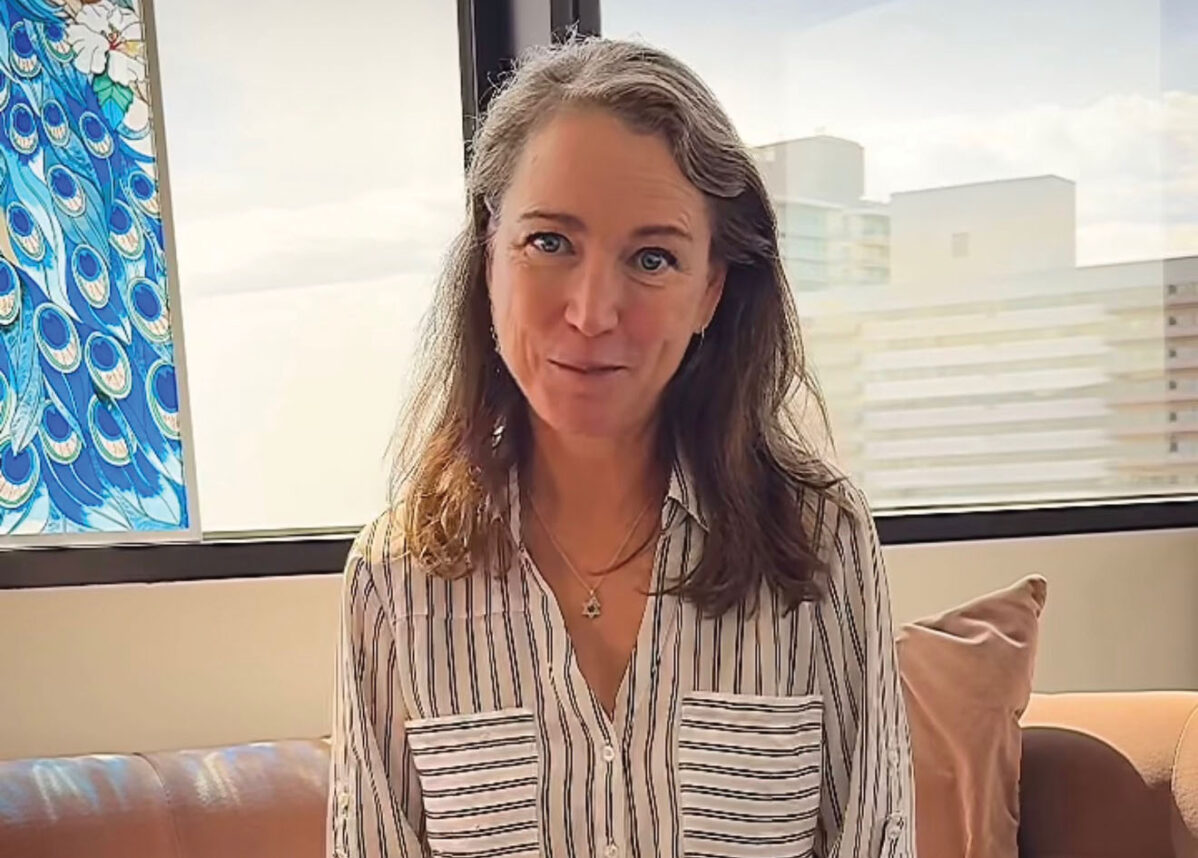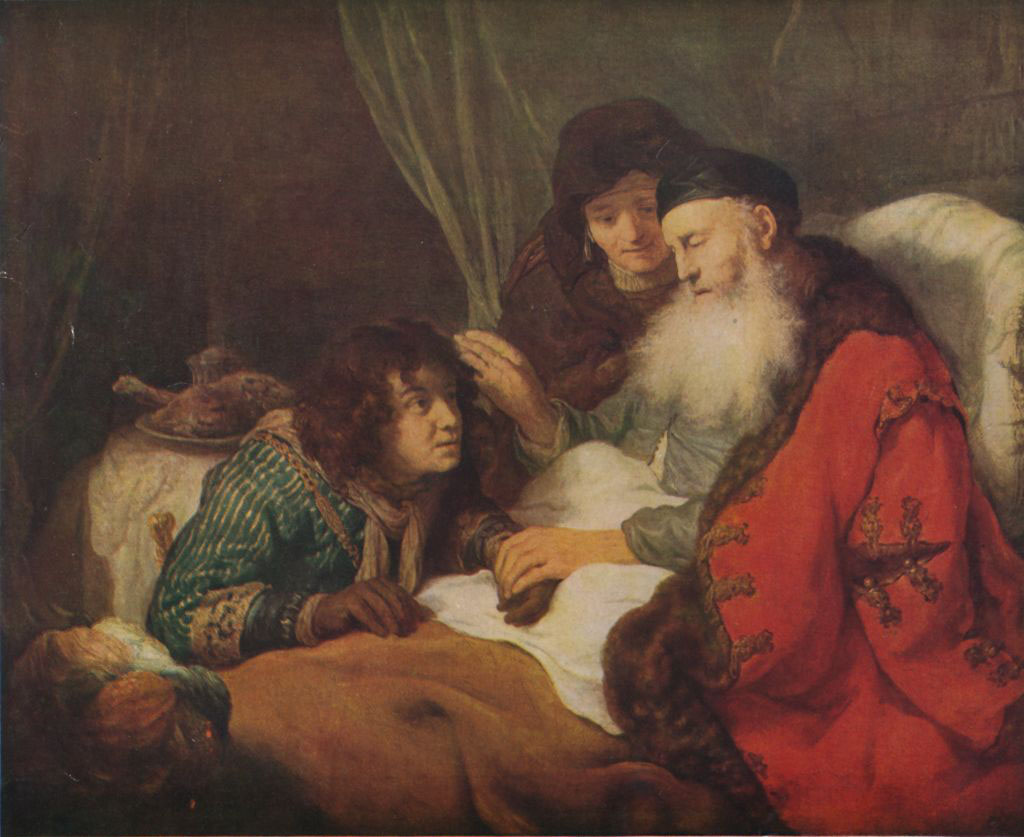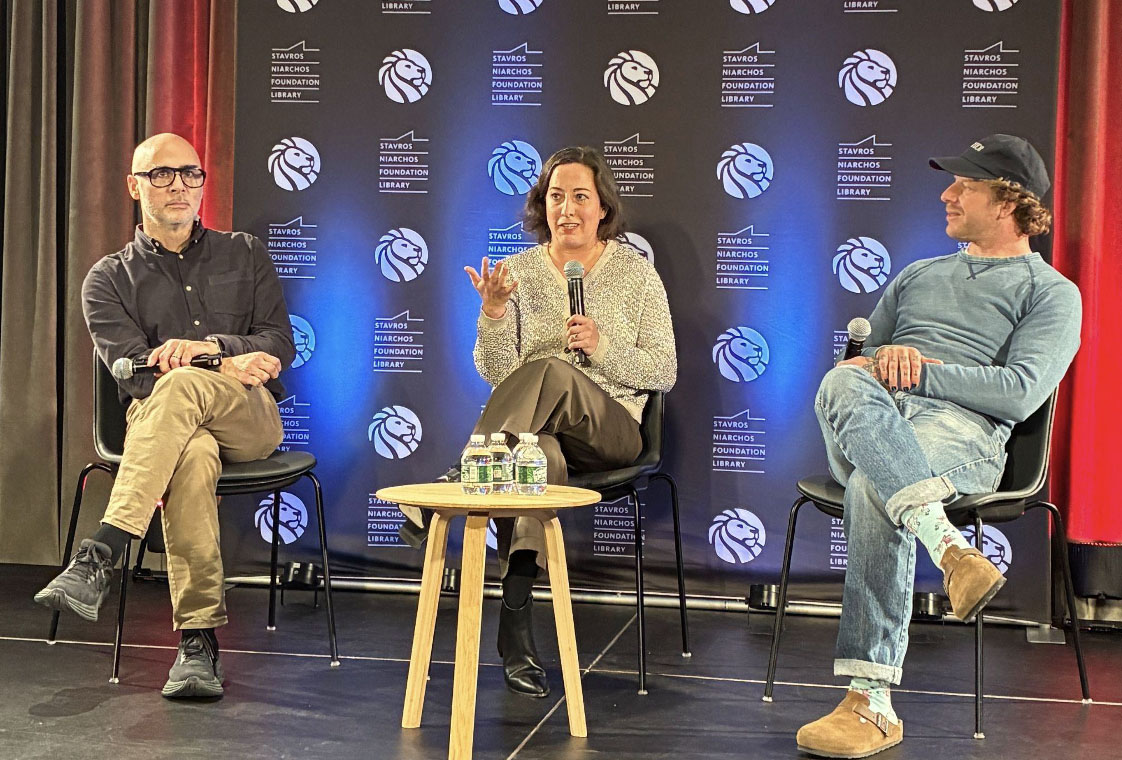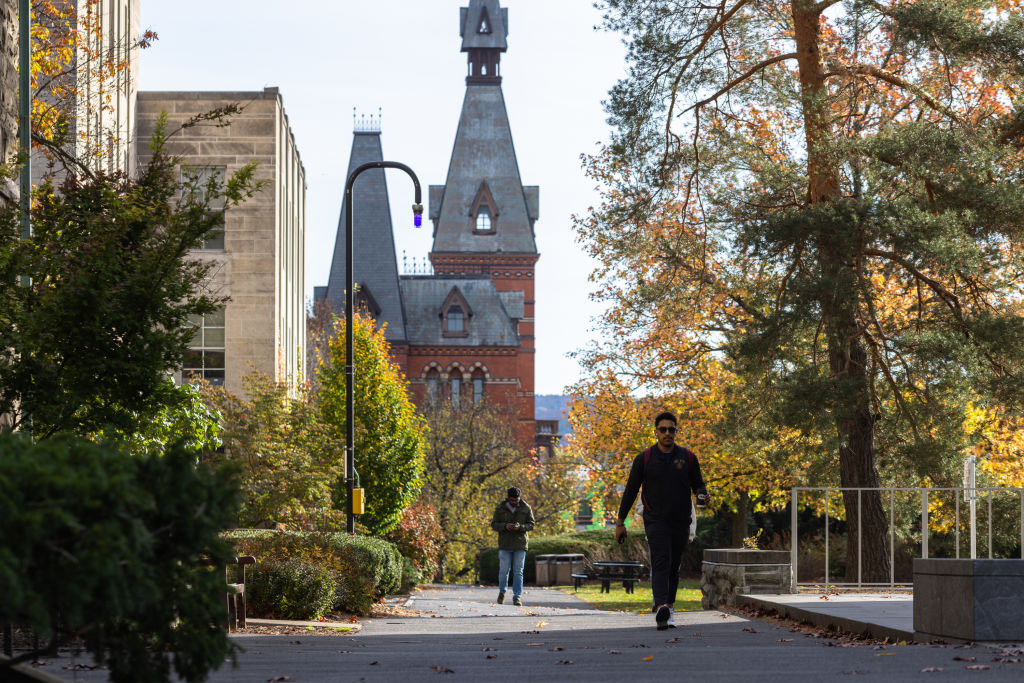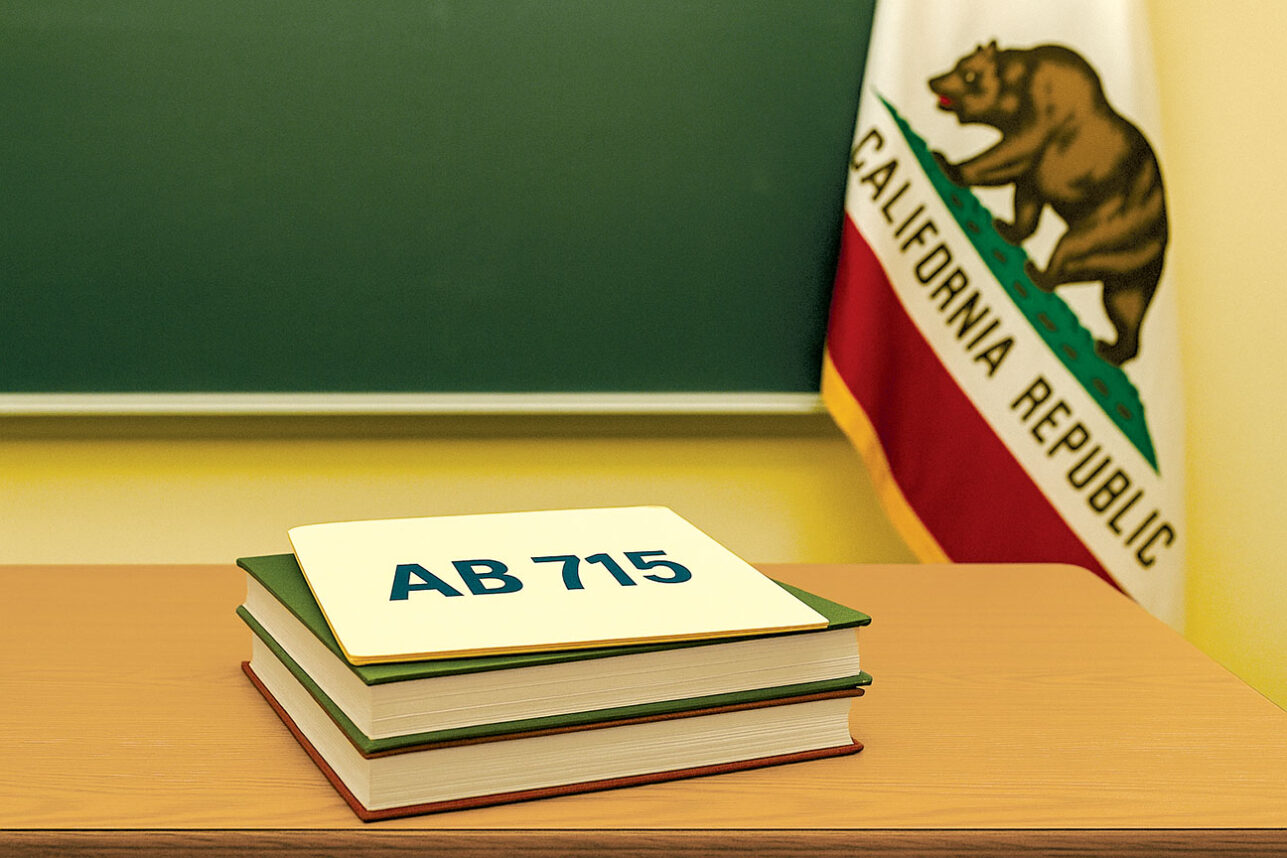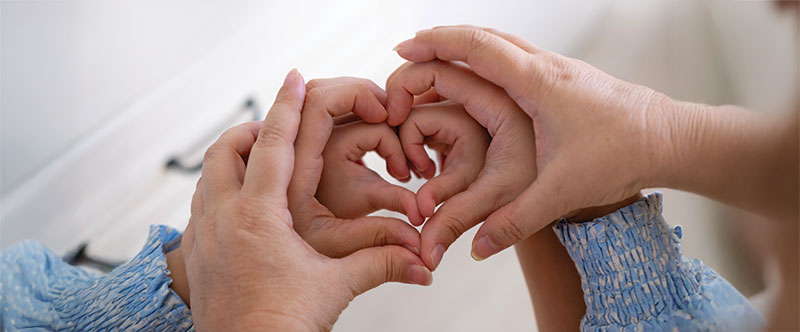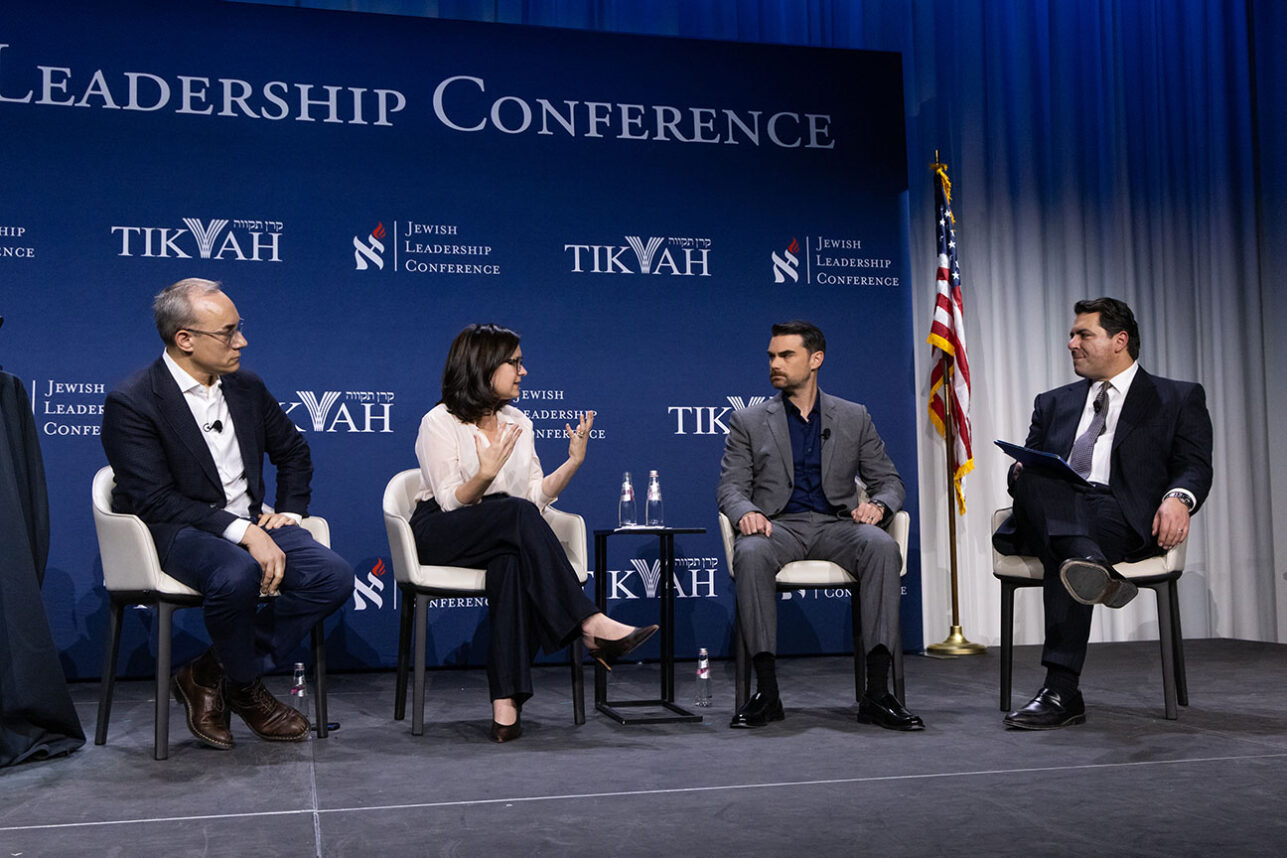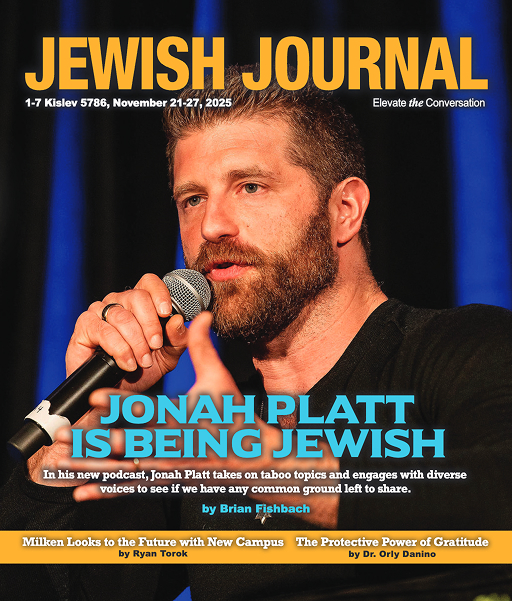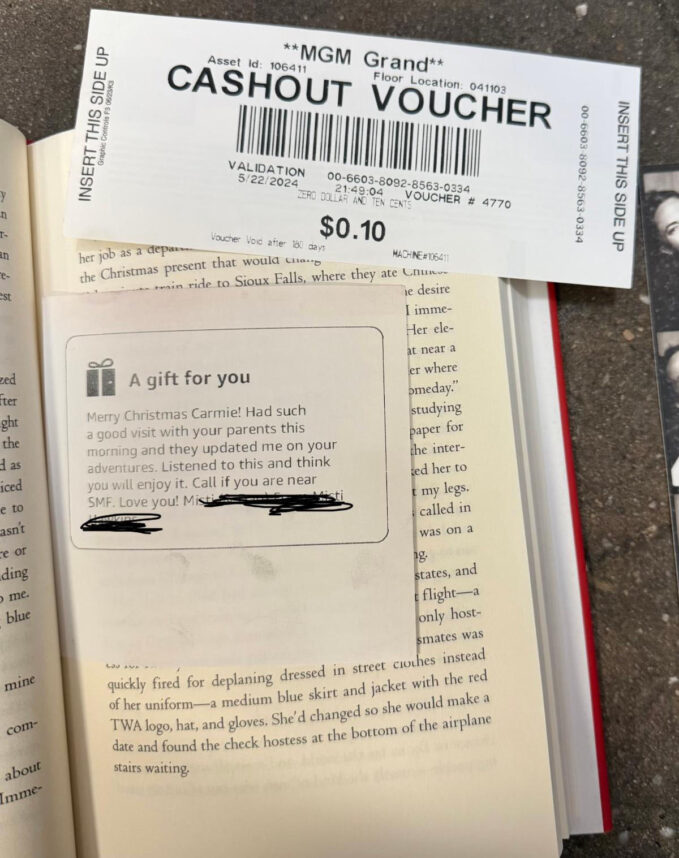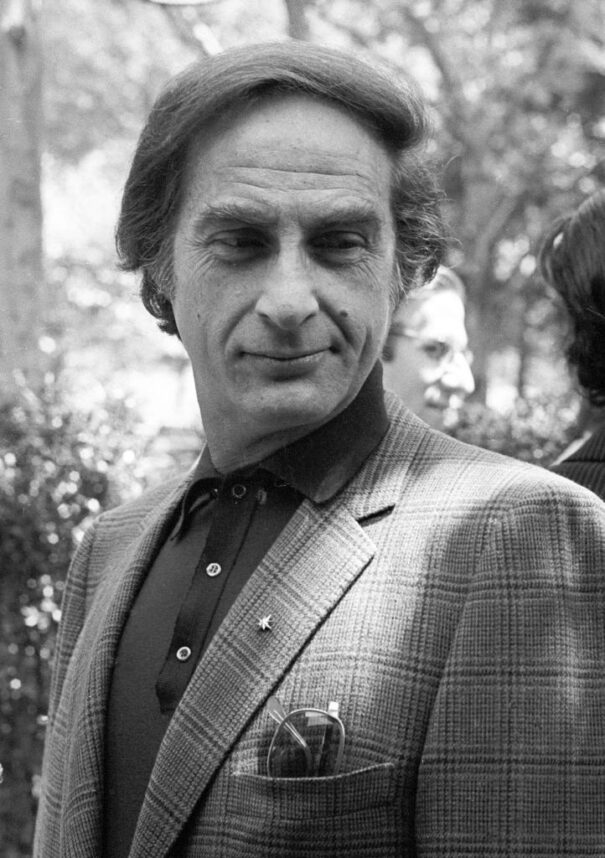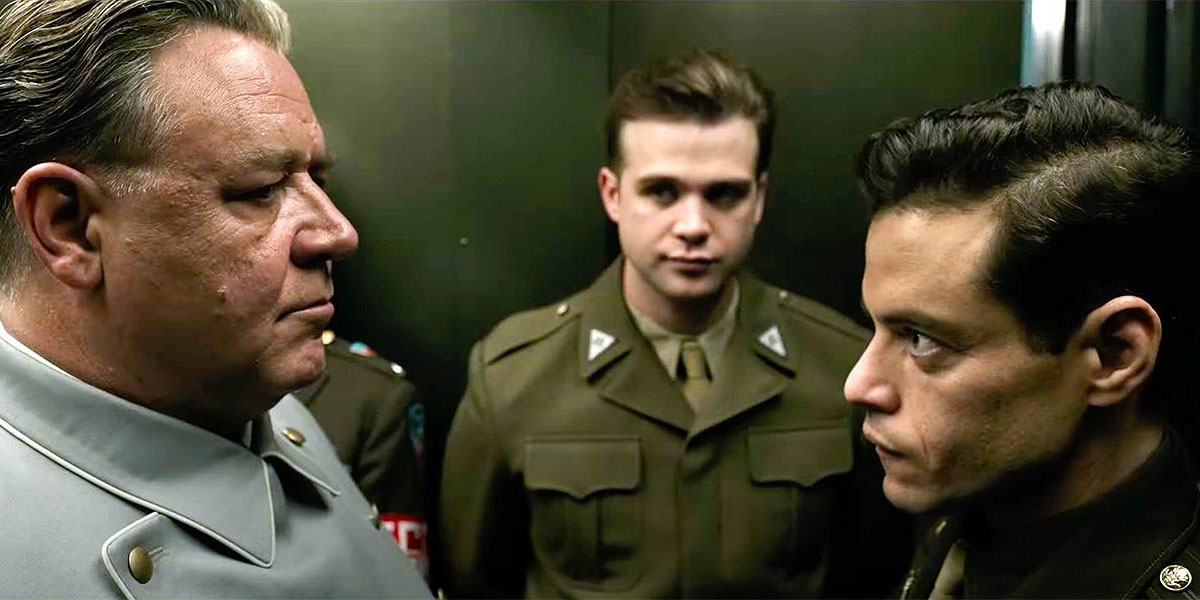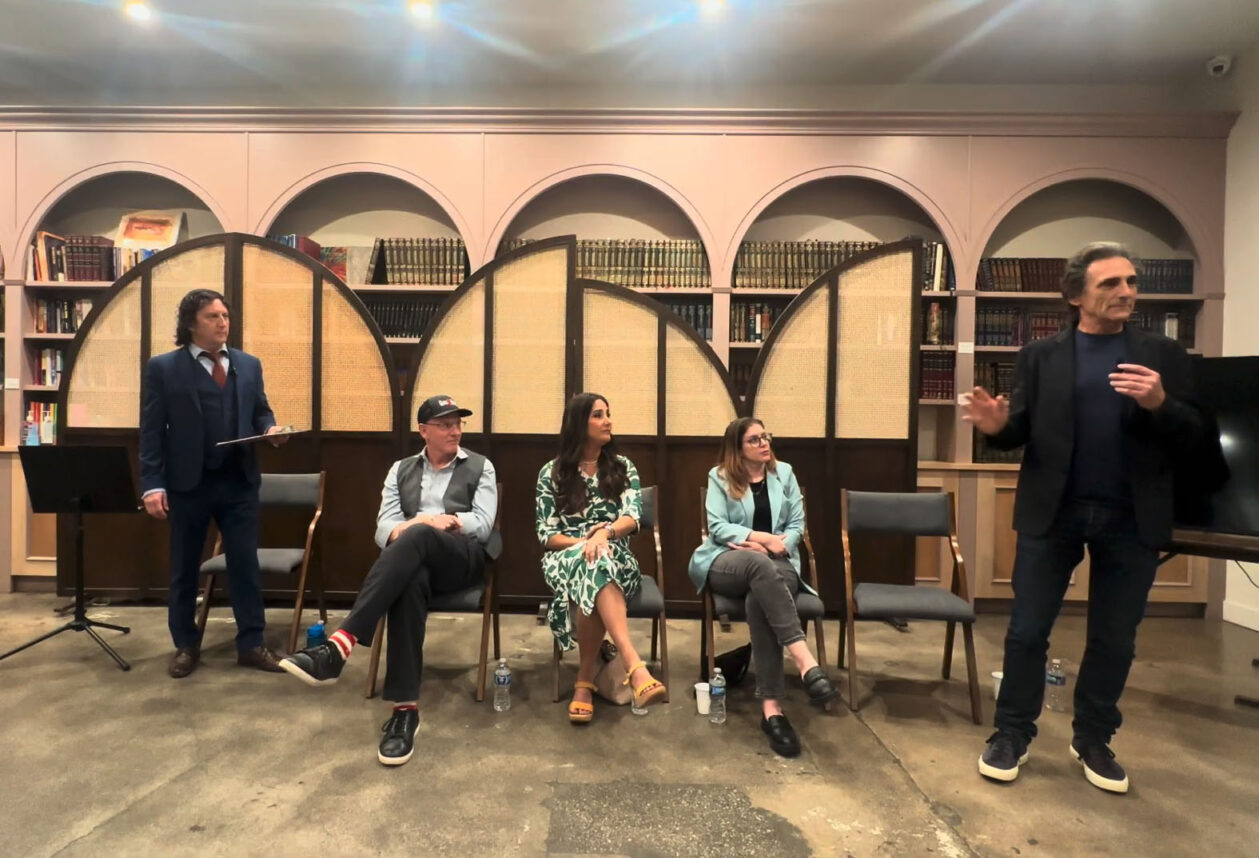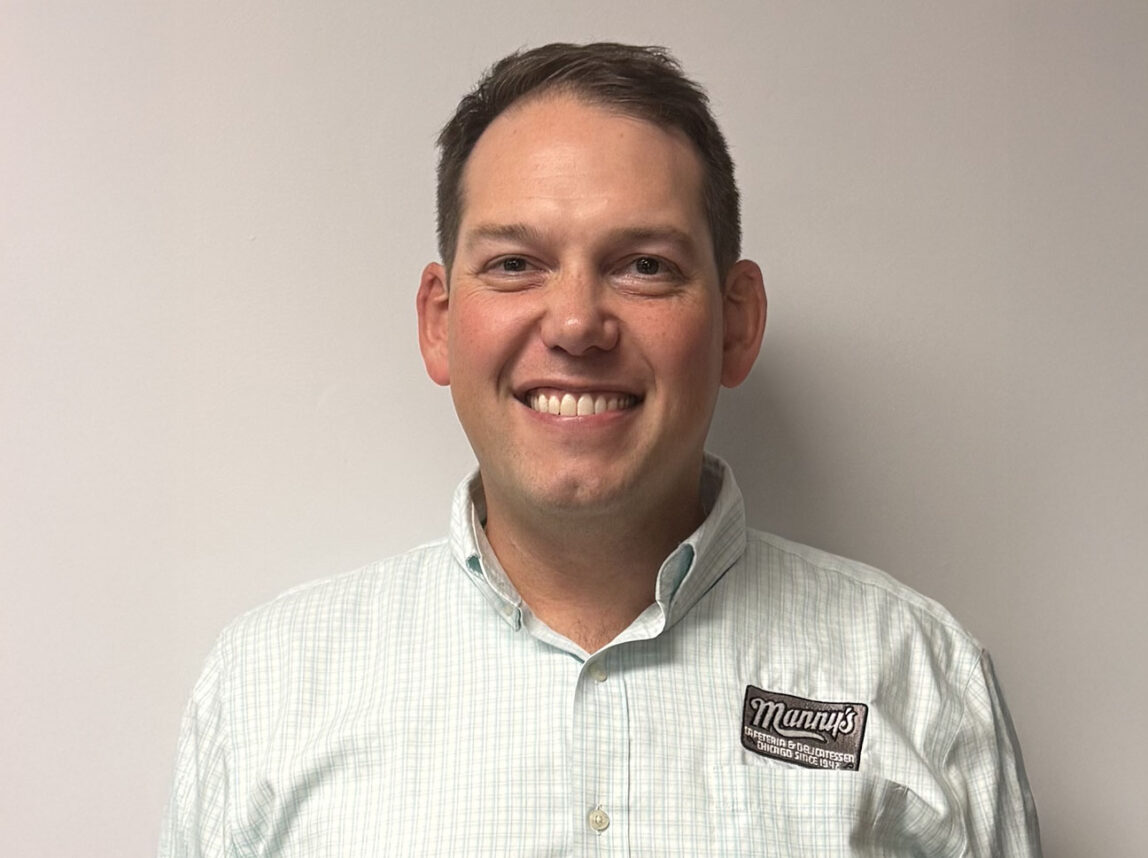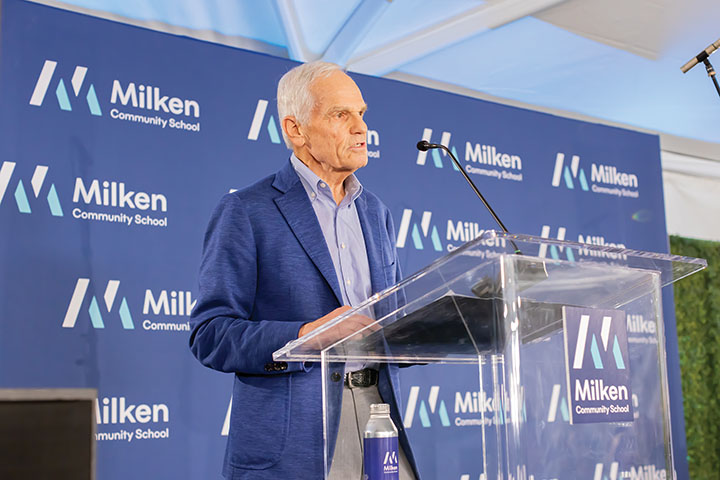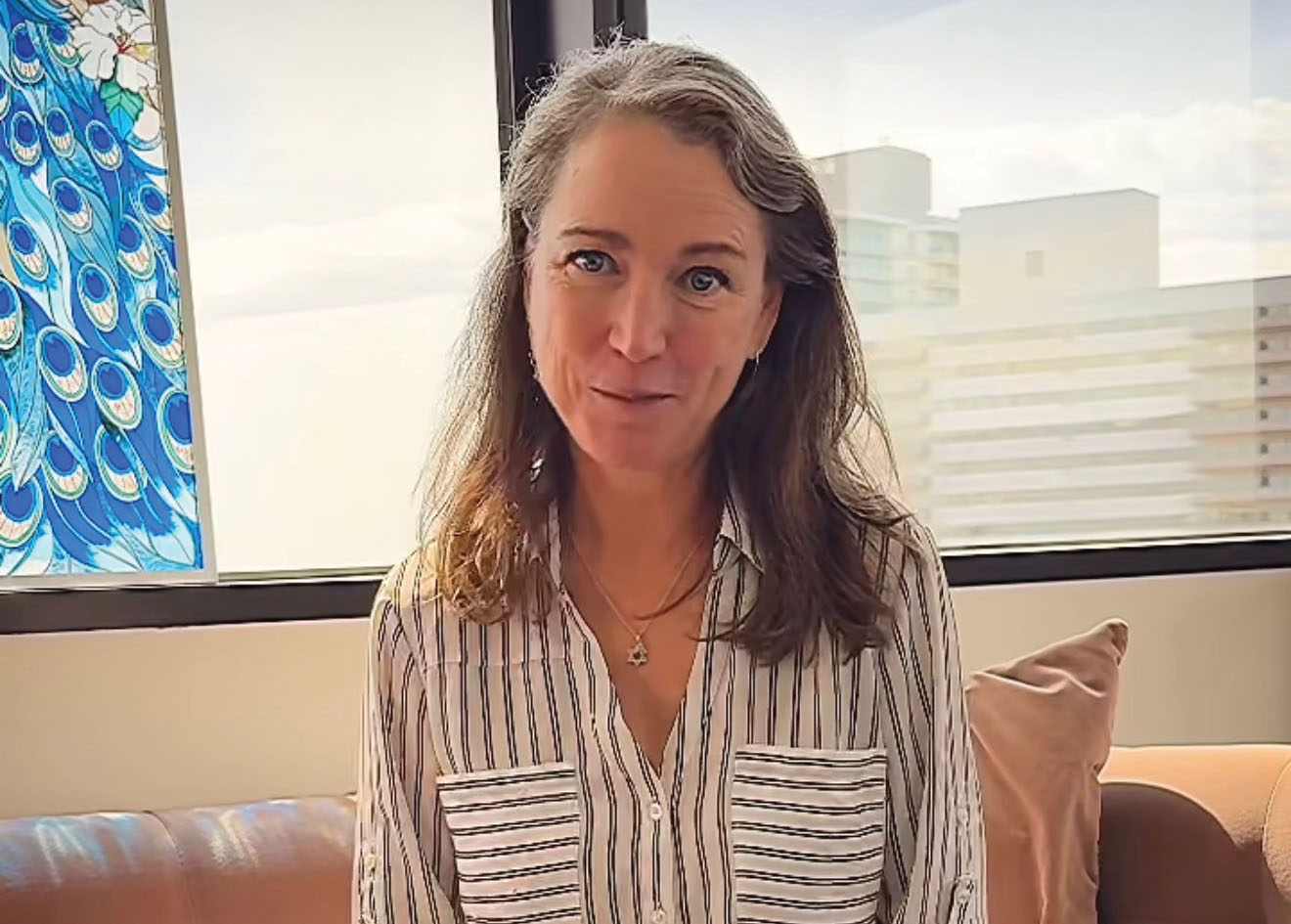
Like her Kehillat Israel community, Rabbi Amy Bernstein’s life was upended by the Palisades Fire. About one-third of the congregation lost their homes. And everyone was displaced.
As the leader of the community for 15 years, how does Bernstein manage to both keep up with the changes happening both personally and to her congregation? “Having a lot of really good friends has been incredibly important,” she said. “I have an incredible staff. They are very stable. Our turnover is, thank God, really low. We’ve become friends.” She noted that, in some ways, working out of the 16th floor of an office building had the effect of making them even closer. “We were all over the building before. Now we are on one floor with glass walls and doors.” Ironically, “we see each other more than ever.”
There’s also a conference room for them to gather, she said. As for programming, K.I. is relying heavily on Zoom until they are back in their building. She thinks it’s “going to take years until we are not relying on Zoom to have people participate. Some people never will come back in person. They always will be on Zoom.”
One thing that hasn’t really changed is her schedule. “Friday mornings I still teach Torah study. I’m just doing it on Zoom. At 11:30, we still do Jewish Meditation. It’s just on Zoom now. We gather for Friday night services (often at the Cayton Children’s Museum, at the Santa Monica Promenade). So that’s the rhythm of the week, and Saturdays we do bar and bat mitzvah services, one in the morning and one in the afternoon.” What’s different are the locations, which change frequently. “I have to check my schedule an insane amount of times in a week now to make sure I know where I am supposed to be at the right time.”
Kehillat Israel’s experience during the COVID lockdown made this transition easier. It taught them “a lot about what it means not to be in the building and to keep your people engaged for those groups, to make sure we are doing enough for each of those groups,” the rabbi said. “For Sukkot, we had people learning in Virginia Park [Santa Monica]. We had over 200 people at a family event in the park.”
She gives much of the credit to K.I.’s “incredible” programming staff. “Our Executive Director has a Google Map with a pin identifying where every single household has told us they are. Within three days, we had reached out to every single family after the fire – to find out how are you, where are you, what do you need, and then we keep asking them, please update your information when you move (because you probably will), and we want to know where you are. We watch that map change all the time.”
As a large congregation, Rabbi Bernstein has to find a way to stay in touch with the different groups that make up the community. “We are trying hard to conscientiously program for those groups, to make sure we are doing enough for each so they have an opportunity to come back together.”
One of the hardest things for the congregation to deal with was having their home routines interrupted. For the rabbi, some remained unchanged: mindfulness, meditation practice, yoga practice. There was also a new addition to the rabbi’s household. A month before the fire, she adopted a seven-month-old German Shepherd puppy. “She was too big, too young, but they were going to kill her the next day. I couldn’t leave her there; she was so smart and so happy.”
Luna is now over a year old, and for Rabbi Bernstein, “she’s going to be the light in our dark sky” during this difficult time for her family. They’re now staying in the home of Kehillat Israel members who are frequent travelers. She needed to find a place that would also accept Luna, and the homeowners have been “very gracious.”
She said Luna has “been a “lifesaver. I joined a dog club that’s for people, and they have rufferees who watch the dogs. They help with the inner actions while people can sit and do their work, their emails and visit if they want. It actually gets me out of the house. It has been a social boon for me to have a dog.”
But not even a new pet could replace being with her congregation. “I really, really, really miss my people. Most of all my seniors. They are gone now because their children came and got them. I understand this. I am not faulting anybody. But a whole swath of my seniors, whose houses burned, are not coming back. It’s hard for them to get to a lot of what we are doing. Many moved away to be with their adult children who said ‘You are coming to live with us.’”
From Rabbi Bernstein’s language, one immediately can understand how painful, how intensely personal she takes these fire-induced disappearances.
“A whole swath of my people is gone,” she said. “I don’t see them anymore. That’s really hard. I was going to be with them for the rest of their lives. I was the one who was going to be there when they were sick – when they were afraid, when they were failing, when they were grieving. It’s very hard that I am not going to be with them now.”
When her community is scattered, Rabbi Bernstein noted there are so many touchpoints where people don’t have accurate information, causing a lag on the system.
“The world moves on,” she said. “We still are impacted every day by the fact it’s all gone. Our town, our homes are gone. Anyone who thought this was going to take less than three to five years was dreaming.”









